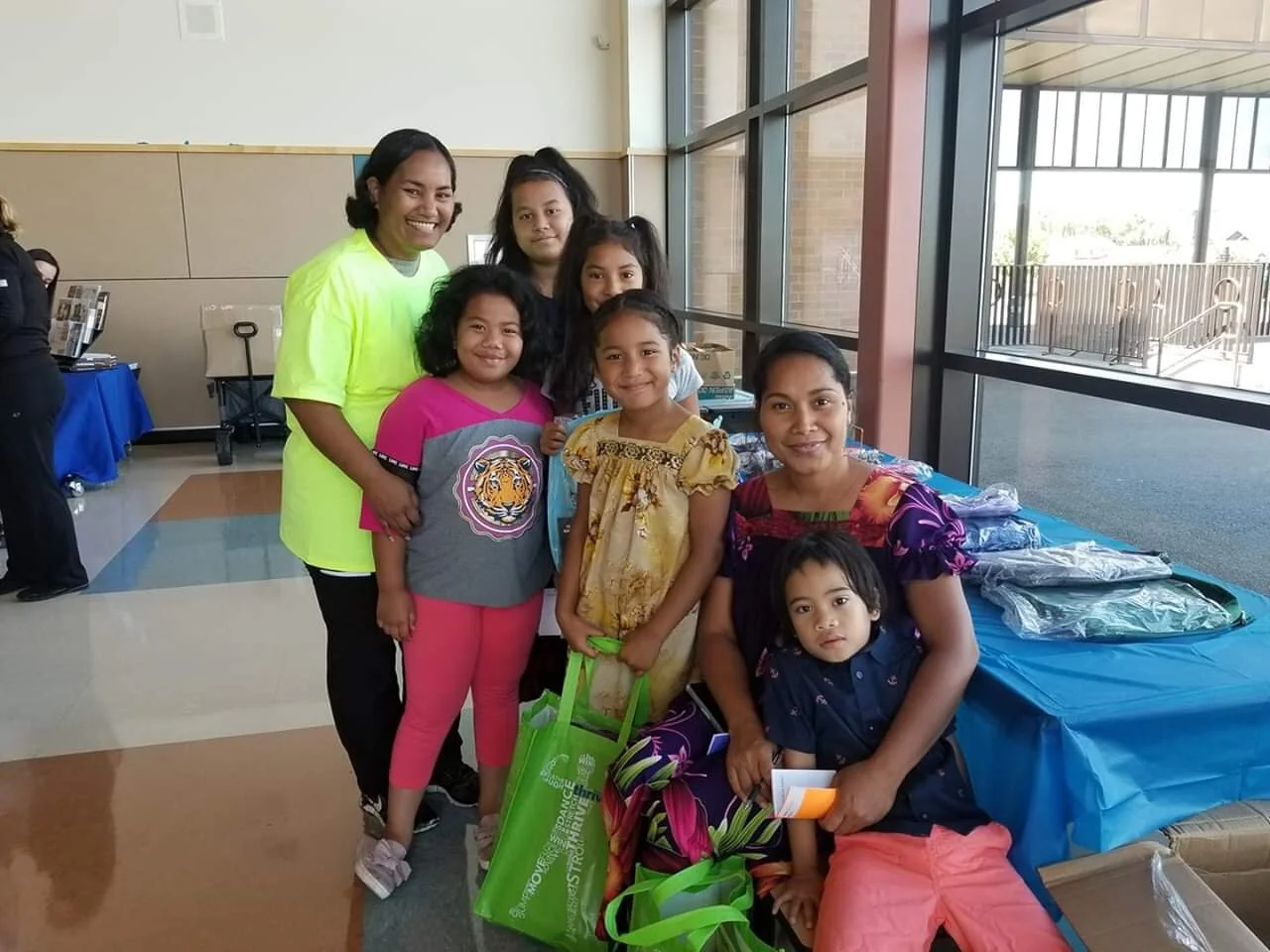Developing Micronesian Islander Parent Leadership for Health and Education
/A story from Health & Education Fund Impact Partner Micronesian Islander Community.
The Micronesian Islander Community (MIC)’s mission is to organize social justice programs, preserve Micronesian Islander cultures, and enhance leadership through unifying their diverse communities.
Supported by the Health & Education Fund, MIC, in partnership with Washington State University, began a pilot program to develop Micronesian Islander parent leadership. MIC Chair Jaqueline Leung, MIC Community Health Worker Kapiolani Micky and Dr. Connie Nguyen-Truong from Washington State University have been working with Chuukese and Marshallese parents who have children between newborn and eight-years-old to build knowledge and skills on health and education advocacy.
Eventually, MIC would like Micronesian Islander parent leaders to develop the skills and confidence to participate in civic engagement activities. In preparation, the parent leaders completed public speaking activities, preparing written and oral testimony on two legislative bills that would impact the community. Parent leaders practiced telling their stories in a limited amount of time without losing the message or the authenticity of their story.
The parent leaders also led several workshops centered on health and education to hone in on their public speaking skills. The first group presented at the end of May. They prepared a workshop on the importance of access to early learning (specifically preschool and early head start) and the importance of immunizations. The parent leaders shared resources about how to apply for Salem-Keizer School District’s preschool and resources for obtaining vaccinations. They emphasized the importance of parent involvement in their children’s education.
The next group of parents led a workshop in July centered on perinatal care, including the importance of accessing prenatal care early in pregnancy. Several topics included reasons why prenatal care is often accessed late. Other topics included postpartum depression and cultural stories centered on the meaning of the words “prenatal” and “postpartum.” The parent leaders emphasized the importance of prenatal care and why postpartum care is as important as prenatal care.
Due to the work MIC and WSU have been doing with parent leaders, the following activities were initiated or lead by MIC parent leaders since August:
1. One parent leader gave a presentation about the Chuukese community to nine staff and board members at a health clinic in Portland.
2. One parent leader went as a health advocate with their mom and niece to apply for benefits. Initially, the niece was denied benefits with the explanation that they need five years residency for eligibility. The parent leader disagreed and advocated for the family by explaining the minor is a U.S. born citizen. The child was approved for coverage.
3. One parent leader called on their own to schedule their first medical appointment without relying on Kapi to call for them.
Graduation day!
MIC hopes to bring in a second cohort of parent leaders and engage the current cohort in teaching the second, while also strengthening the cohorts to participate in civic engagement opportunities.




